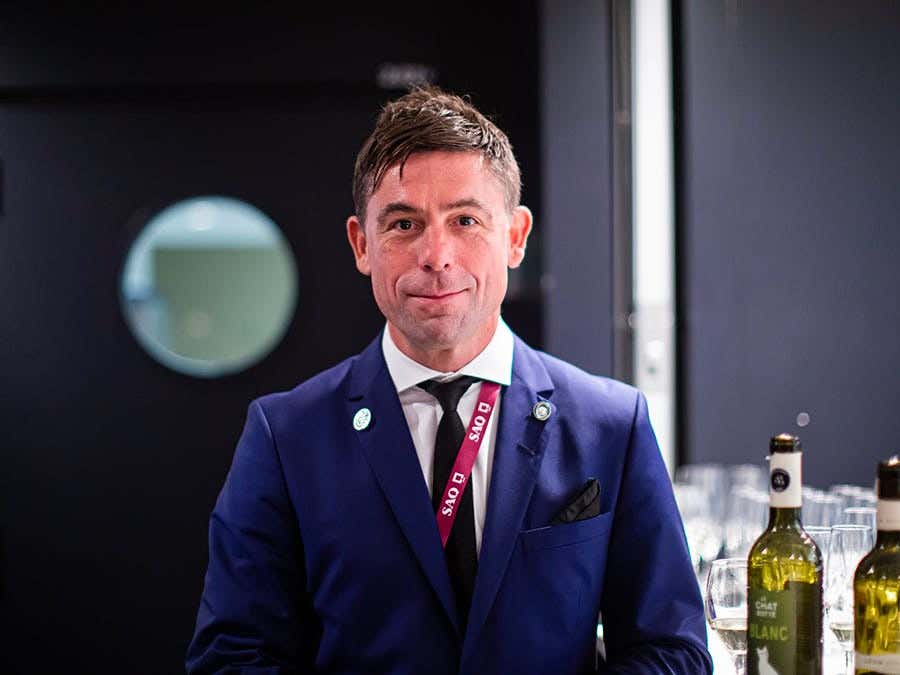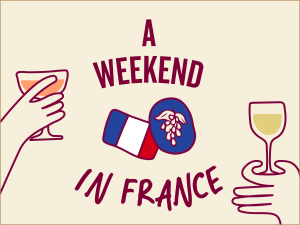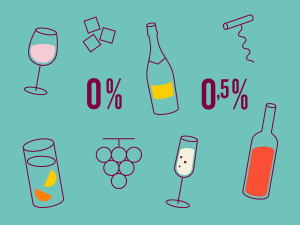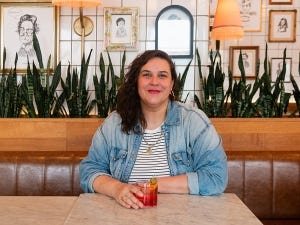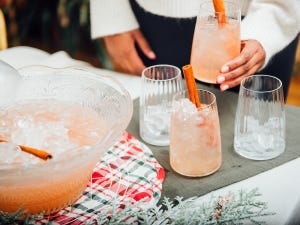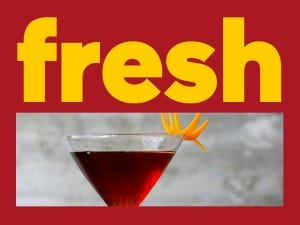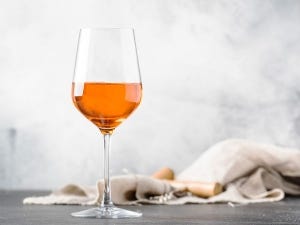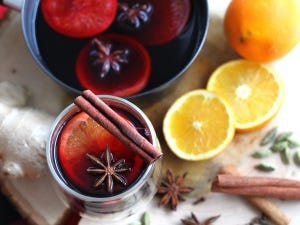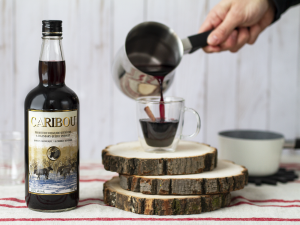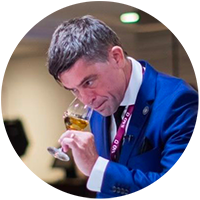

Quick questions
Hugo Duchesne: Best sommelier of the Americas?
1. How does the holder of a master’s degree in literature get to represent his country at the Best Sommelier of the Americas contest?
I had the opportunity, as a student, to work at Fromagerie Hamel. The owner was a great wine lover, very modest and not pretentious at all. After a busy day, he would sometimes open a good bottle and share it with me and the staff. These bottles displayed names, geographical indications, grape varieties… I was fascinated. We occasionally went to the restaurant with the team, where we were shown the wine list. I was very impressed to notice the sommeliers’ mastery of the origin of the products, their pairing suggestions and the quality of their service. I think that’s where my love of wine started. There may be a link between literary expression, the desire to learn, reading, the taste for discovery, discipline and applying that to a sensory field like wine tasting and service.
2. Can you sum up what a sommelier contest is all about?
It’s the pinnacle of everything that’s needed in a dining room. It goes beyond wine. It’s an absolute mastery of the knowledge and service of water, coffee, tea, cocktails, spirits, sake, beer… The sommelier is faced with a series of very difficult theoretical and practical tests within a determined time frame. Written and oral blind tastings, correcting a wine list, decanting, making cocktails, wine and meal pairing suggestions, dividing a bottle equally between guests, while managing your stress, time constraints and a second language.
3. What type of preparation is needed for such a contest and when did you start?
Contest or not, I must be constant day after day in my reading and my studies. It’s very rare for the candidate who wins not to have gotten one of the three best scores at the theoretical test. Three to four months before the contest, I plan a series of wine tastings and identification of spirits several times a week, while practicing my service, outside the dining room, and on the floor when the restaurant is open. Since November, I spend 30 hours per week preparing. The restaurants I work for are helping a lot by providing me with wine and spirits samples, as well as a space where I can train. I also feel fortunate to be able to count on Alain Bélanger (3rd place at the Best Sommelier of the World contest in 2000) and on an accomplished team that don’t let anything slip by and tell me what I’m doing wrong.
4. How does one stand out from the best in the profession in such a contest?
At this level, everyone is great. The one who’ll be able to best manage his stress and make members of the jury feel like they’re guests in the dining room, and that they’re served the same way as they would be on a Saturday night will win the contest.
5. For several years, Quebec sommeliers have done well internationally. What explains this phenomenon according to you?
The SAQ plays a big part. Quebec candidates, thanks to the monopoly and private orders, have access to wines from everywhere that other sommeliers can’t afford on a regular basis. Having to master a second language like English in terms of sociolinguistic reality gives us a significant advantage over other candidates. There are also our predecessors that led the way. Performances by Chartier, Bélanger, Caron, Lambert, Rivest, Villeneuve and Soulière made us totally uninhibited toward the rest of the world. We have great sommeliers in Quebec. There’s a kind of continuity that I’m a part of now and it’s my turn to give back.
6. What would first place mean in your career path?
Winning gives you a pass for the Best Sommelier in the World contest. Which is very significant in a resume after the cheese shop! It’s more of a symbolic than financial asset. Winning allows you to enter the international arena. From one day to the next, your name has a global resonance. For my part, I’d like to use this exposure to shine a light on Montréal, Quebec, everyone here!
7. If first place gave you the opportunity to open a bottle of your choice to share with close ones, which one would it be?
I feel like saying I don’t know this bottle yet! We should rather focus on the format than the bottle! At Le Coureur des bois, we have a 1989 6 L Montrachet from Domaine de la Romanée-Conti! In my mind and in my heart, it’s the one I would open with close ones!
Good luck Hugo, Quebec is behind you!
 Access to SAQ Inspire personalized services and store inventories are unavailable at the moment.
Access to SAQ Inspire personalized services and store inventories are unavailable at the moment. Free in-store delivery with purchases of $75+ in an estimated 3 to 5 business days.
Free in-store delivery with purchases of $75+ in an estimated 3 to 5 business days. 
